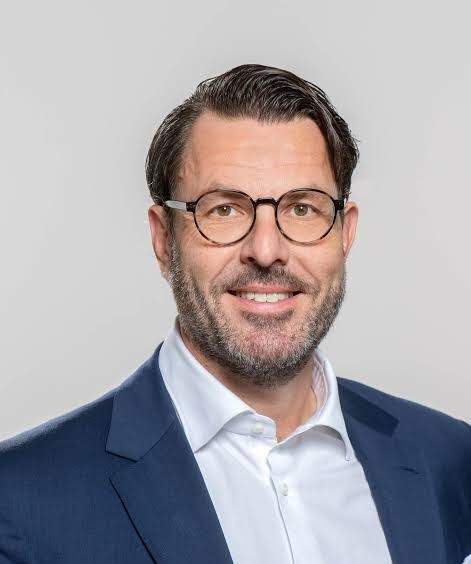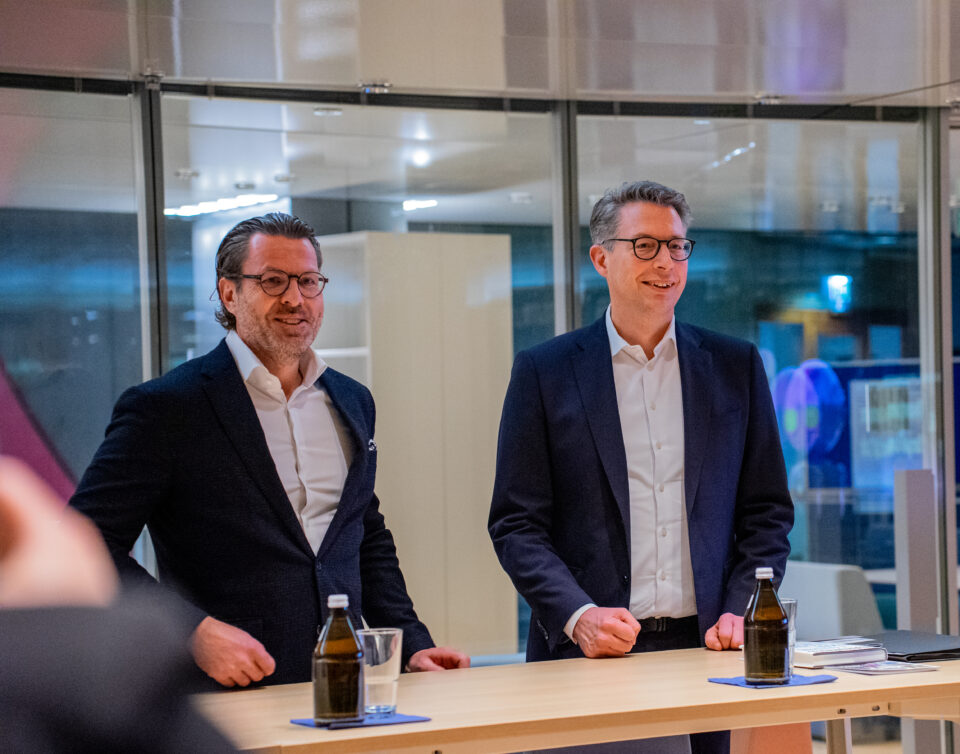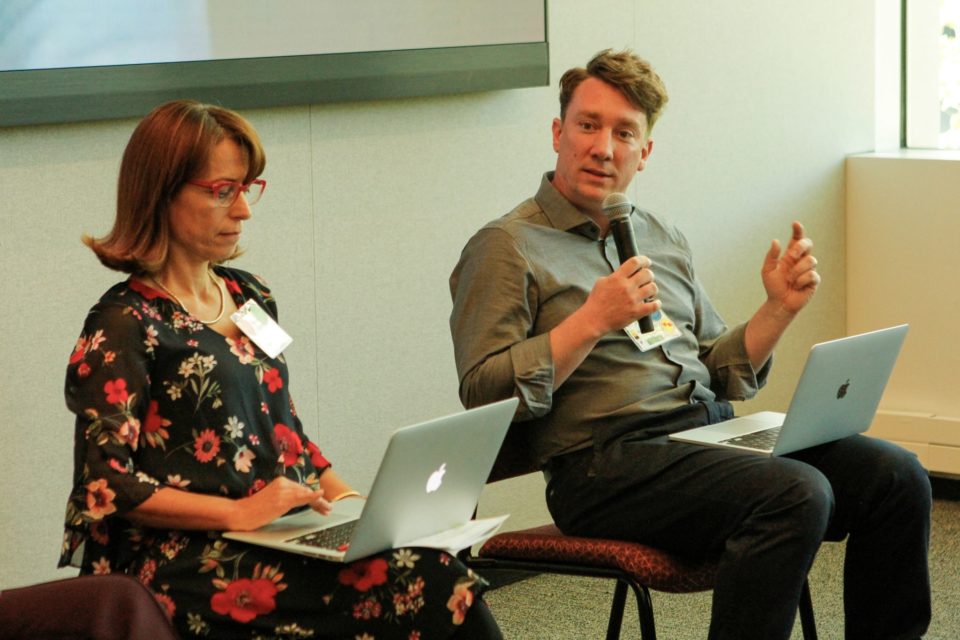
Generative AI Taskforce
Informing decision-makers and offering an open discussion forum concerning the risks and benefits of generative AI.
About the Taskforce
Progress in the field of Generative Artificial Intelligence is breathtaking - as is the speed at which new applications such as ChatGPT are being adapted around the world across a wide variety of areas. From work to education to medicine and business, these generative AI applications also serve as the basis for subsequent innovations. The increasing complexity of AI technologies, their large-scale application, and the emergent landscape of legal norms and other guidelines result in high degrees of uncertainty in the private and public sectors as to how these technological innovations can or should be responsibly developed, deployed, and governed. As generative AI technologies enter the market, the possible societal mid- and long-term implications remain unknown, for instance with regard to education and research, the labor market and the economy, but also the future of democracy and civil society participation. A recent call for a moratorium brought some of these concerns to the public eye.
Against this background, the TUM Think Tank establishes an interdisciplinary Task Force on Generative AI (Gen AI Task Force) for a period of 18 months to provide guidance to decision-makers in the government, industry, and civil society as well as other stakeholders on issues related to the design, governance, and use of generative AI technologies in their respective application contexts. The task force brings together specialists from various disciplines at TUM with partners from industry, administration and society and initially focuses on three core activities:
Development of guidelines and regulatory approaches
The Gen AI Task Force supports decision-makers in the public sector when evaluating the need, ethical foundation, and design of guidelines in the field of generative AI, for instance in the form of recommendations, best practices as well as policies, including future regulatory approaches. The aim is to carefully analyze and help manage opportunities and risks in the respective application area and to proactively align the various (policy) instruments available. A focus will also be on the monitoring and preparation of emerging legislation, specifically the European AI Act (incl. "Regulatory Sandboxes").
Challenges Forum
The Gen AI Task Force offers a curated platform for information and knowledge exchange, in which decision-makers can discuss strategic as well as practical current challenges in dealing with generative AI within the framework of a so-called "Challenges Forum" together with peers and experts. This can take place in the form of round tables, workshops, research sprints on specific problems or "seed projects" for the development of prototypes, with the involvement of students as part of the Tech Policy Practice already being established at TUM.
Horizon Scanning
Embracing "foresight analysis" method and in the spirit of an early warning sensory system, the Gen AI Task Force collaborates with partners from industry to offer insights into the dynamics of generative AI to increase decision-makers’ awareness with regard to future developments and emerging questions. This does not only include technology development, but also behavioral changes and attitudes of users as well as changes in acceptance and perception. In this context, participatory formats with citizens and civil society are envisioned (e.g. Citizen Assembly, Pulse Surveys, Citizen Panel, etc.).
In addition to general (cross-sectional) expertise in the areas of AI, society, and policy, the task force focuses on the application areas education/training, research, media/journalism, public administration/justice, business/corporate compliance, and health/medicine.
The Taskforce brings together these experts from within TUM:
- Prof. Dr. Alena Buyx (Ethics in Health and Health Technologies)
- Prof. Dr. Stefania Centrone (Ethik)
- Prof. Dr. Stephanie Combs (Health AI)
- Prof. Dr. Annette Diefenthaler (Design & Transdisciplinarity)
- Prof. Dr. Christian Djeffal (Law, Science & Technology)
- Prof. Dr. Matthias Grabmair (Legal Tech)
- Prof. Dr. Georg Groh (Social Computing)
- Prof. Dr. Stephan Günnemann (Machine Learning)
- Prof. Dr. Dirk Heckmann (Law and Security in Digital Transformation)
- Prof. Dr. Gjergji Kasneci (Responsible Data Science)
- Prof. Dr. Stephan Krusche (Applied Software Engineering)
- Prof. Dr. Christoph Lütge (Wirtschaftsethik)
- Prof. Dr. Alexander Pretschner (Systems & Software Engineering)
- Prof. Dr. Daniel Rückert (AI in Medicine & Health Care)
- Prof. Dr. Astrid Séville (Political Theory)
- Prof. Dr. Janina Steinert (Global Health)
- Prof. Dr. Yannis Theocharis (Digital Governance)
- Prof. Dr. Ingo Weber (IT Service Management, Development and Operations)
- Prof. Dr. Isabell Welpe (Leadership, Innovation, Organisation)
Partnerships
The Gen AI Task Force collaborates with various organizations in Germany and abroad, in particular the Berkman Klein Center for Internet & Society at Harvard University and the Global Network of Internet & Society Research Centers, among others. It also builds upon a research collaboration between TUM and HfP and the Norwegian Business School, the Berkman Klein Center and ITS Rio, supported by the Norwegian Research Council.
Podcast Generative AI Taskforce
You are currently viewing a placeholder content from YouTube. To access the actual content, click the button below. Please note that doing so will share data with third-party providers.
More InformationIn the Media
-
Enkelejda Kasneci on AI Learning Assistants in School
-
Guest article in FAZ by Dirk Heckmann, Jan Gogoll and Alexander Pretschner on ChatGPT and exams
-
Position paper by Enkelejda Kasneci on the chances of ChatGPT for schools and universities
-
Urs Gasser's assessment of the call for a moratorium on AI development
-
Contribution in the program quer (BR) about the chances and risks of AI by Urs Gasser
-
Daily talk in Bayern2 on the topic of AI with Urs Gasser
-
Alena Buyx in the podcast “Zukunft verstehen - Wie Technik die Welt verändert” on ethics of AI
-
SPIEGEL interview with Urs Gasser on a new policy approach
-
Alexander Pretschner on ChatGPT in FAZ
-
Dirk Heckmann and Alexander Pretschner in FAZ on novel ways to examinate students
-
Christian Djeffal on Natural Language Processing and Legal TechProjekt NLawP
-
Publication on translation and AI in public administration by Christian Djeffal
-
Interview with Stefania Centrone on AI and philosophy
-
Janina Steinert on online misogyny
-
Georg Groh on LLMs and their ability to write code in BR
-
Tagesspiegel Background on AI regulation with Urs Gasser
-
SZ article on AI and its power with Stephan Günnemann
-
SCIENCE Editorial: An EU Landmark for AI governance by Urs Gasser
-
Article in Handelsblatt about AI in Education: Enkelejda Kasneci









